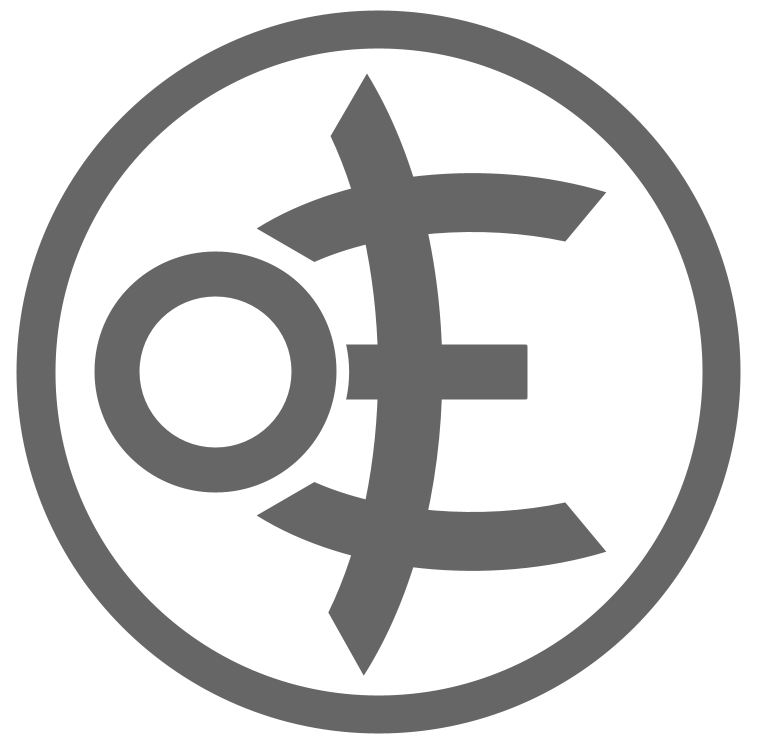@o_o@programming.dev asked “why are folks so anti-capitalist?” not long ago. It got quite a few comments. But I noticed a trend: a lot of people there didn’t agree on the definition of “capitalism”.
And the lack of common definition was hobbling the entire discussion. So I wanted to ask a precursor question. One that needs to be asked before anybody can even start talking about whether capitalism is helpful or good or necessary.
Main Question
- What is capitalism?
- Since your answer above likely included the word “capital”, what is capital?
- And either,
- A) How does capitalism empower people to own what they produce? or, (if you believe the opposite,)
- B) How does capitalism strip people of their control over what they produce?
Bonus Questions (mix and match or take them all or ignore them altogether)
- Say you are an individual who sells something you create. Are you a capitalist?
- If you are the above person, can you exist in both capitalist society and one in which private property has been abolished?
- Say you create and sell some product regularly (as above), but have more orders than you can fulfill alone. Is there any way to expand your operation and meet demand without using capitalist methods (such as hiring wage workers or selling your recipes / process to local franchisees for a cut of their proceeds, etc)?
- Is the distinction between a worker cooperative and a more traditional business important? Why is the distinction important?


Capitalism is an economic system where capital is considered a valid input to the production process, worthy of renumeration. Contrast with some other systems where labor is the only valid input.
Capital is material wealth used productively.
Capitalism empowers ownership of produced good by laborers by funding new ventures where laborers can be more self-directed than if they were forced to labor under the direction of others. Capitalism erodes control from laborers by introducing a non-labor stake in the venture. Both are true.
An artisan who sells what they produce is free to be a capitalist or not, the two are unrelated.
Such a person cannot exist in a society without private property, as “selling” is not a valid concept in such a society. Artisans in general would still exist, though, and probably more abundantly.
An artisan who has more work orders than she can fill alone can expand without the methods you describe. She can form a partnership with another artisan, and teach or otherwise share her methods of production, tools, and branding. This could be an equal partnership or something more like taking an apprentice.
The distinction between worker coöps and other businesses is important, but it’s also important to recognize that coöps are a subset of businesses, not an opposing type of entity. Coöps have just as much ability to behave in a predatory manner towards consumers, and almost as much potential to seek self-perpetuation and growth at the expense of their environment. That they will be less predatory towards laborers is nice, but it’s not enough to make them “safe”.
What do you mean by valid input?
Both capital and labor are causally efficacious in production. Why would people use them otherwise? Capital is also the fruits of past labor, so denying capital remuneration denies remuneration to the workers that created that capital @asklemmy
I’m with J Lou. Even Marx considered capital a valid input to the production process. He just thought it was being misused.
He believed the workers should control capital democratically. He believed our current treatment of capital (what capital entitles a person to do under our current system) was destroying people’s lives and hope and autonomy.
But Marx and Engels actually dedicated several paragraphs of the Communist Manifesto to explaining why capital should not be destroyed during the overthrow of the bourgeoisie – indicating that they did believe capital to be valuable.